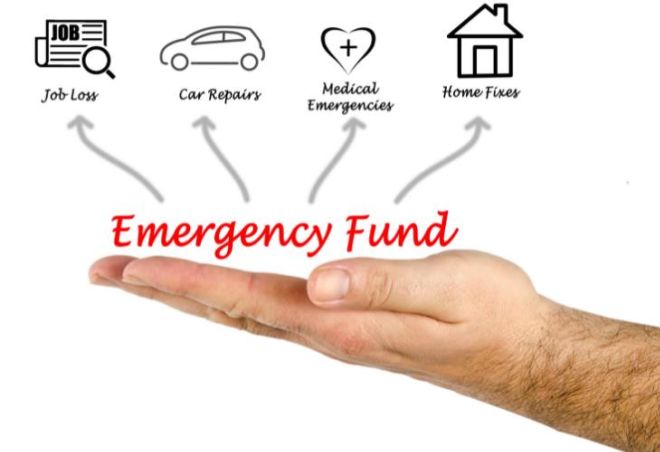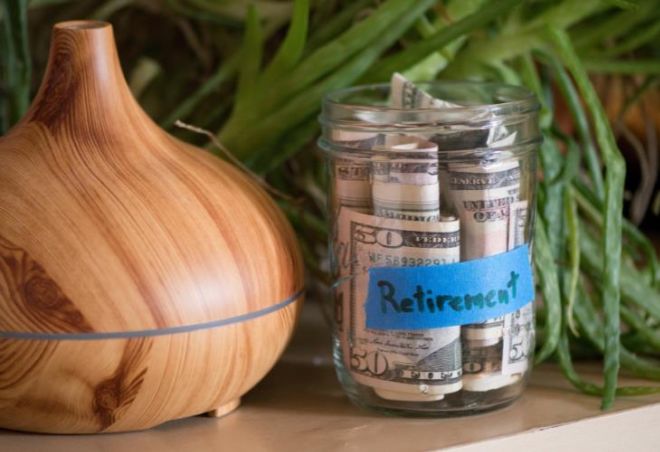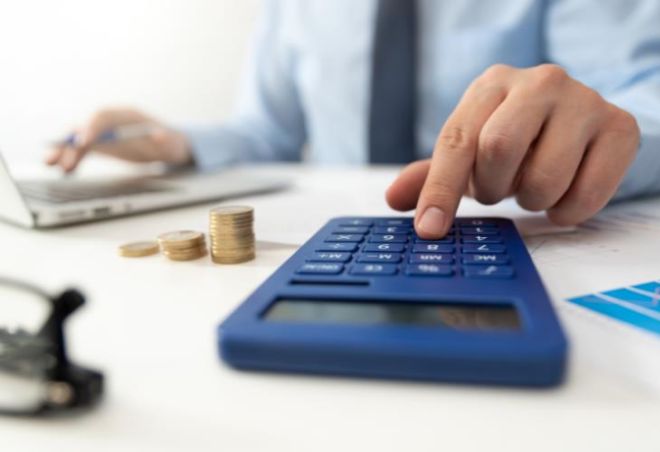No one likes living in debt. Having to constantly worry about paying your debts in time (often with interest) and keep having sufficient money left can be extremely stressful and can take a toll on your mental health. This is why debt-free living is a dream for many people who, due to some unfortunate circumstances, end up stuck in this never-ending maze.
Debt usually includes balances on different types of loans you might have taken such as credit cards, mortgages, medical bills, or car payments. If the debt keeps on building up, it can hamper your ability to save and affect your happiness too. So how can we avoid staying in debt? Experts say that the first step to start is to know the reasons behind your debts. Once you recognize that, it becomes easier to shed them off.
Let’s now explore some effective methods that can help you live a debt-free existence. The sooner you begin with these tips, the more time you will have to save and become financially sound.
1. Record all your expenses

Managing money is easier said than done. But if you feel you are having a debt problem or if you simply don’t want to go down that road, then the first step you should take is to record all your monthly expenses. Now, this may seem overwhelming at first. So, take the example of the most recent two months and record all the things you spent money on. This will give you a general idea of most of your expenses. Make sure you note the smallest of expenses – like the lunch you had at your favorite restaurant or a bottle of perfume you bought online.
Now, start dividing them into categories – groceries, insurance, medical expenses, taxes, and levies, etc. Once done, note down the amounts and total for each category. To get the correct prices, your bank’s monthly statement will be really helpful.
2. Plan your budget
Once you know how you are spending your money, you should next create a reasonable budget plan. Here, it’s important to make a plan that fits your income and spending. This is to ascertain that you are not led astray and don’t end up spending more than you had planned. Keep monitoring your progress regularly so that you are on the right track.
A budget plan will also help you make a savings goal. We save for various reasons – a new home, a new car, children’s education, post-retirement life, or even a holiday. If you have a good reason to save, you will actively work towards it. And your budget plan will help you start as it will let you know where your money goes and you can then find out how much you need to save.

3. Pre-pay your credit card
Industry experts say that pre-paying your credit card balance before its statement closes has some neat advantages. Firstly, it will ensure that you stay on budget as you would have already paid the monthly bills. Moreover, it will keep your bank balance in check as you’ll have a better idea of how much spending you can do for the rest of the month. Also, making your payment earlier in the billing cycle can help lower the interest you pay if your credit card issuer uses your daily balance to compute your finance expenses. The more days you have a low balance, the lower your finance charge will be.
4. Put your debts in writing
Many people who struggle with debts generally don’t have a proper idea about their debt amounts. So if you are serious about clearing off all your debts or want to have a debt-free life, then you simply must note down all your debts in writing. This will give you a clear idea of how to proceed. Make sure that you include:
* Creditor’s name
* Balance
* Minimum monthly payment
* Interest rate
Now, make a list of how much you need to pay to clear out the debt’s balance within a set timeframe, say three years or nine months. While noting this, also know your monthly take-home pay as that’s what you will have to work with while clearing off those debts and taking care of your other expenses as well.
5. Build an emergency fund

To prevent going into debt, you should have an emergency fund set aside that can help cover your living expenses for about three to six months in case something drastic happens. A crisis may appear in anyone’s life at any time, after all. It can be a medical emergency or an unfortunate accident. Taking steps to anticipate these events in advance is the best way to handle them.
Create an emergency fund for things like medical bills, home repairs, car fixes, or unemployment. When you have money set aside to pay for such large, unexpected expenses, it will serve as a helpful cushion in time of need and will prevent you from suddenly going into debt by borrowing money from other sources. And in case you are already in debt for some reason, having an emergency fund at hand can help you avoid borrowing more.
Bear in mind, though, that your emergency fund shouldn’t be used to make payments toward monthly credit card bills or mortgage payments. Keep it for use only when you’re in a financial crisis.
6. Save for retirement

It’s never too late to start saving for your retirement. The truth is that you don’t want to depend on Social Security or your relatives to take care of you in retirement. Having a fund set aside for retirement will make you feel self-sufficient and will give you more control over your life. More importantly, investing in a retirement account over time will ensure that you get either a lump-sum payment or multiple payments of small amounts once you retire. Also, these plans help create a sort of income that can be further invested to generate a stable flow of cash post-retirement.
7. Start paying with cash

Credit cards have plenty of benefits. However, if you often find yourself with hefty credit card bills at the end of the month, maybe it would be a good idea to start paying with cash. Firstly, this will ensure that you don’t end up spending more money than you can afford to spend. More importantly, the physical action of handing over cash to someone for payment is a lot more difficult than just using a card to do the same. This is why paying with cash is likely to help you make fewer impulse purchases and thus help you save money. Try and follow this habit for a few months and see if it makes a difference.
8. Use a single credit card
Yes, having multiple credit cards can allow you to earn the maximum available rewards on every purchase you make with a credit card. However, the more credit cards you have, the more you will be tempted to spend every month. This can lead to overspending and in turn add to your debt. So if you want to stay debt-free, use a single credit card with a low limit. Furthermore, the card’s monthly payments shouldn’t exceed 25% of your total income. This will keep you from spending unnecessarily and prevent you from going into debt.
9. Track your progress

While planning your budget and setting financial goals are very good steps towards leading a debt-free life, it’s also important to track your expenses throughout the month. This involves identifying your expenditures throughout the month and monitoring them thoroughly. Doing this regularly will help you stick to your monthly budget and not go overboard.
If you don’t track your money, you might end up spending unnecessarily on some other stuff that you don’t need and won’t know when to stop. Tracking your budget at the end of every month will also help you recognize if you are overspending consistently in one spending category and then make cuts in it for the next month’s budget. Ultimately, following this habit will help keep you stay off any potential debts.

